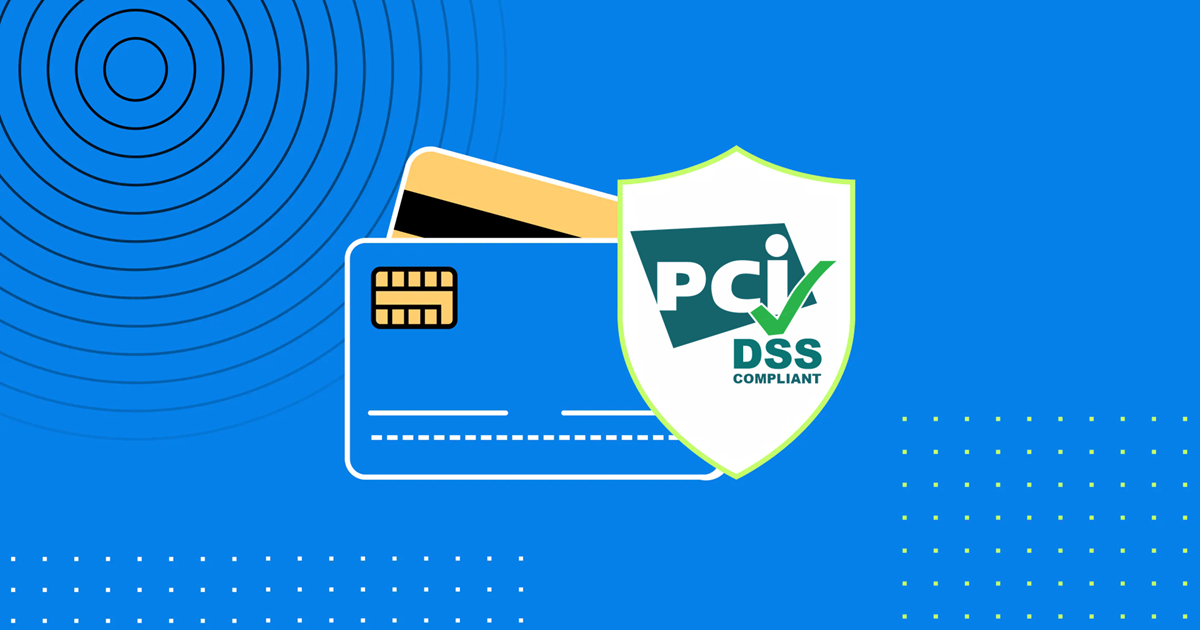The Need of Cyber Security
In today’s interconnected digital landscape, the need of cyber security is more critical than ever. Businesses of all sizes, from startups to multinational corporations, are vulnerable to a myriad of cyber threats. As the digital world continues to evolve, cybercriminals are becoming increasingly sophisticated in their tactics. In this article, we will explore the essential need for cybersecurity and the role of cybersecurity consulting services in protecting your organization from these threats.
The Need for Cybersecurity:
The digital age has transformed the way we conduct business, communicate, and store sensitive information. While this technological advancement has brought numerous benefits, it has also exposed us to new risks. Here are some compelling reasons highlighting the need of cyber security:
- Data Protection: In an era where data is often referred to as the new oil, protecting sensitive customer information and intellectual property is paramount. Cyberattacks can lead to data breaches, causing financial losses and severe damage to reputation.
- Regulatory Compliance: Governments and industries have established stringent regulations for data protection. Non-compliance can result in substantial fines and legal consequences. Cybersecurity measures are essential for meeting these compliance requirements.
- Financial Security: Cyberattacks can have a direct impact on a company’s finances. Ransomware attacks, for example, can paralyze operations and demand significant sums of money for data recovery. Cybersecurity safeguards are a proactive approach to avoiding such costly incidents.
- Reputation Management: A data breach or security incident can tarnish a company’s reputation. Customers and partners want to trust that their data is safe with you. Strong cybersecurity measures build trust and protect your brand image.
- Business Continuity: Cyberattacks, such as Distributed Denial of Service (DDoS) attacks, can disrupt operations and lead to downtime. Cybersecurity solutions ensure business continuity, reducing the risk of costly interruptions.
Cybersecurity Consulting Services:
While recognizing the need of cyber security is crucial, implementing effective measures can be a complex endeavor. This is where cybersecurity consulting services come into play. Here’s why they are indispensable:
- Expertise: Cybersecurity consulting firms are staffed with experts who have in-depth knowledge of the ever-evolving threat landscape. They bring the latest industry insights, best practices, and strategies to the table.
- Customized Solutions: Every organization has unique cybersecurity requirements. Consulting firms tailor their solutions to your specific needs, ensuring that your security posture aligns with your business objectives.
- Risk Assessment: Consultants conduct comprehensive risk assessments to identify vulnerabilities and potential threats. This proactive approach allows you to address weaknesses before they are exploited by cybercriminals.
- 24/7 Monitoring: Many consulting services offer round-the-clock monitoring of your systems, ensuring that any suspicious activity is detected and addressed promptly, minimizing the risk of data breaches.
- Incident Response: In the event of a cyberattack, cybersecurity consultants have predefined incident response plans in place. Their swift actions can mitigate damage and reduce downtime.
- Compliance Assurance: Cybersecurity consultants are well-versed in compliance requirements and can help your organization stay in line with relevant regulations, avoiding legal troubles.
FAQ
What is cybersecurity?
Cybersecurity is the practice of protecting computer systems, networks, and data from digital attacks, theft, and damage.
Why is cybersecurity important?
Cybersecurity is crucial to safeguard sensitive information, prevent unauthorized access, and protect individuals, organizations, and governments from cyber threats.
What are the common types of cyber threats?
Common threats include malware, phishing attacks, ransomware, denial-of-service attacks, and social engineering.
How can I protect my computer from malware?
Install reputable antivirus software, keep your operating system and software up-to-date, be cautious with email attachments and links, and avoid visiting suspicious websites.
What is two-factor authentication (2FA) and why should I use it?
2FA adds an extra layer of security by requiring users to provide two different authentication factors (e.g., password and a unique code sent to a mobile device), making it harder for attackers to gain unauthorized access.
What is encryption and why is it important for cybersecurity?
Encryption is the process of converting data into a secure code to prevent unauthorized access. It’s important for protecting sensitive information during transmission and storage.
How can I create strong and secure passwords?
Use a combination of upper and lowercase letters, numbers, and special characters. Avoid using easily guessable information such as names or birthdays.
What is a firewall, and why do I need one?
A firewall is a security barrier that monitors and controls incoming and outgoing network traffic. It helps prevent unauthorized access and protects against malicious activities.
How can I recognize phishing emails?
Look for suspicious email addresses, check for grammatical errors, be cautious of urgent requests for personal information, and hover over links to preview the actual URL before clicking.
What steps can I take to secure my home network?
Change default router passwords, use strong Wi-Fi encryption (WPA3), update router firmware regularly, and consider setting up a guest network for visitors.
What is a vulnerability assessment?
A vulnerability assessment is the process of identifying and evaluating potential weaknesses in a computer system, network, or application to address and fix security flaws.
How often should I update my software and operating system?
Regularly update your software and operating system to patch security vulnerabilities. Enable automatic updates when possible.
Conclusion
The need for cybersecurity in today’s digital landscape cannot be overstated. It is a fundamental requirement to protect your data, finances, and reputation. However, implementing robust cybersecurity measures can be challenging without the expertise and resources. This is where Tecziq’s cybersecurity consulting services shine, offering tailored solutions, expert guidance, and proactive risk mitigation.
In a world where cyber threats are ever-present, partnering with a cybersecurity consulting firm can make all the difference in safeguarding your organization against potential disasters. Don’t wait until it’s too late – prioritize cybersecurity today and ensure the longevity and security of your business.
























